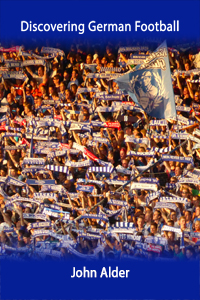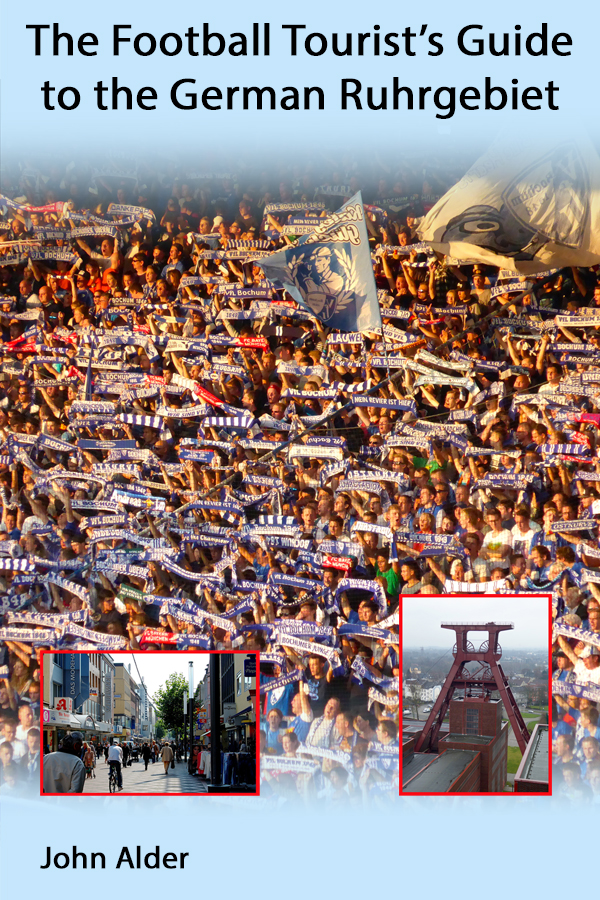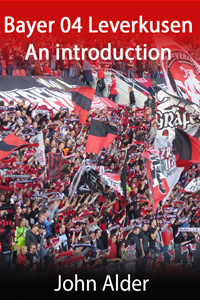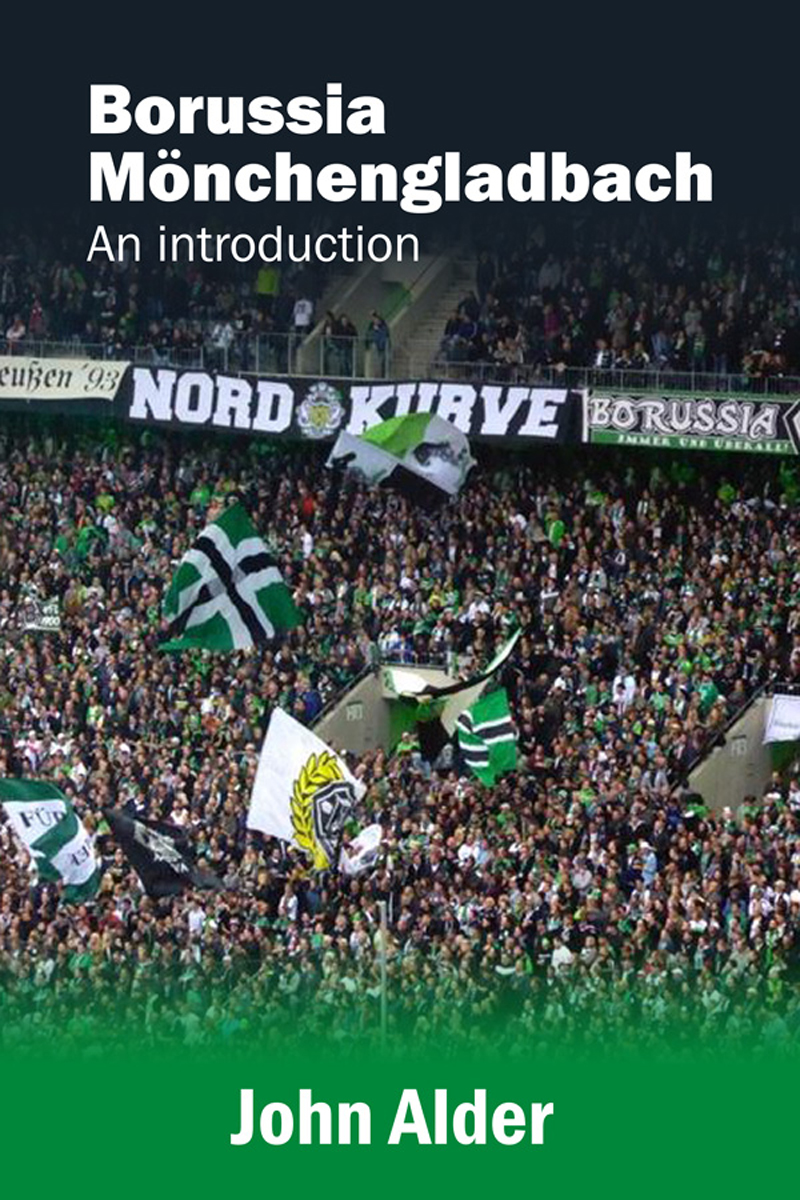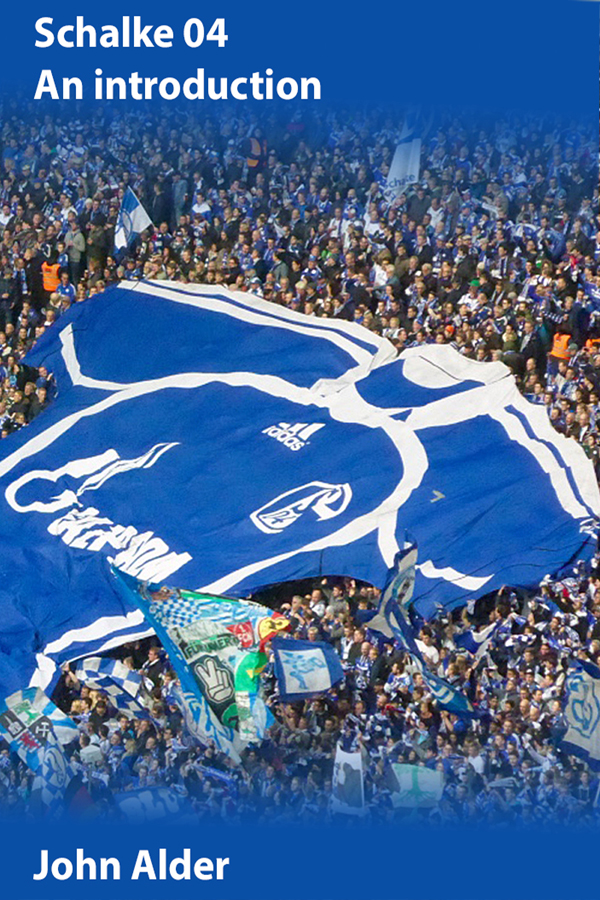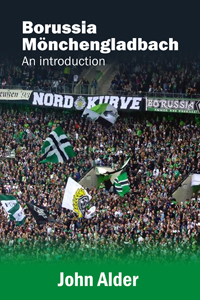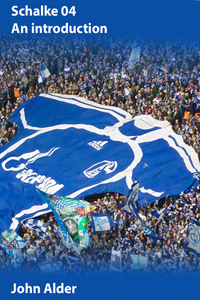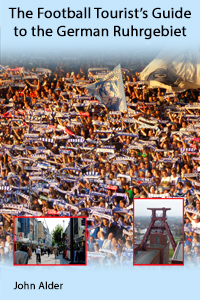Leipzig football – looking beyond Red Bull
The first thing that comes to mind when you think of Leipzig football is, of course, Red Bull Leipzig. That’s the team that started from scratch in 2009 and has worked its way through the leagues and now plays in the Bundesliga.
But there are actually at least two other very interesting Leipzig clubs that are well worth a visit. And the Leipzig football scene sheds light on several sporting and social issues in Germany.
Lokomotive Leipzig
Lokomotive Leipzig is one of the oldest clubs in Germany and has a story full of heartache and unfulfilled potential. It also has some of the most loyal and passionate fans in the country.
The club can trace its roots back to 1893 and the formation of a club called SC Sportbrüder Leipzig. After a name change to VfB Leipzig, the club was a founder member of the DFB – the German football league – and won the first national championship in 1903. It was then a leading club for the next few years, winning the league in 1906 and 1913 and playing in the 1911 and 1914 finals.
Leipzig lost key players during the First World War and struggled to match its early success in the interwar years, although it did win the cup (then called the Tschammerpokal – now the DFB Pokal) in 1937.
After the war, the victorious allies dissolved most sporting organisations, including VfB Leipzig. Club members got together and re-formed a team which played with limited success under several different names until the creation of a new club – 1 FC Lokomotive Leipzig – in 1966.
This led to a marked improvement in the club’s fortunes. Although Lok never won the league, high finishes and several cup wins (1970, 1973 and 1977) secured appearances in European competitions. They won the UEFA Intertoto Club in 1966.
After German unification in 1990, Lokomotive Leipzig ended up in the 2 Bundesliga. At first, it looked as if the club would survive in a united Germany. It adopted its old name of VfB Leipzig, and a third-place finish in 1993 resulted in promotion to the Bundesliga. However, like most sides from the former East Germany, the club struggled to attract and retain players. Leipzig ended the 1994 season bottom of the league. Relegation that year began an inexorable slide down the divisions, which in turn resulted in increasing financial troubles. By 2001 the club was playing in the fourth division, and in 2004 it went bankrupt and was dissolved.
That’s when the fans intervened to re-establish a club called 1. FC Lokomotive Leipzig. It started in the 11th tier of German football but gradually worked its way up the leagues and in 2011 gained promotion to fourth-tier Regionalliga Nordost. It was relegated in 2014 but then secured promotion back to the Regionalliga in 2017.
Stadium
The Bruno Plache Stadion has a capacity of 6,800. Average attendance last year was 3,123.
Tickets
Tickets cost between 9 euros and 21 euros, depending on location and opposition.
Directions
Take tram 15 from the station towards “Probstheide/Meusdorf” and get off at “Probstheide.”
BSG Chemie Leipzig
Although Betriebssportgemeinschaft Chemie Leipzig was only formed in 1997, it can trace links through predecessor clubs right back to the early days of German football.
In his book “Tor! The story of German Football Uli Hesse describes the bizarre events of 1964. At that time the top two clubs in Leipzig were Lokomotive and Rotation. The Party decided the city only need one top club and established SC Leipzig (it got the Lokomotiv part of the name back in 1966). The best players from both clubs were moved here – and the others were handed on to lowly Chemie Leipzig. Guess which team won the championship. Yes – Chemie Leipzig not only won both games against SC Leipzig but also won the league two points clear of Rostock.
Stadium
The Alfred-Kunze-Sportpark was built in 1920. Although it has a capacity of 18,000, for safety reasons this is limited to 4,999. Average attendance in 2017/18 was 2,688
Tickets
A standing ticket costs 8 euros and seats cost between 11 and 15 euros.
Directions
The number 80 bus towards Thekla will drop you off right outside the ground. Your stop is called Am Sportpark.
You can also get there on tram 7 towards Böhlitz-Ehrenberg. You get off at S-Bahnhof Leutsch and then have a 10-minute walk to the ground.
Leipzig Football – sporting, political and social controversies
The football scene in Leipzig sums up how the sport has developed in Germany in recent years and sheds light on several controversial political and social issues.
Old versus new
First of all, we have the Red Bull Leipzig controversy. For many fans, this epitomises all that is wrong with the modernisation of the game. Here we have a tiny club used to advertise a multi-national company. This appears to go against the 50+1 rule, which states that German clubs should be fan owned. They feel that the club is without tradition and going to the Red Bull Arena is akin to a theatre visit. Others argue that this rule is the main reason why EPL and Spanish clubs regularly outbid German clubs for players. Why should football be played in an intimidating atmosphere in a rundown stadium? What’s wrong with attracting a more diverse set of fans? They also argue that without Red Bull Leipzig – a city of 500,000 – would be denied first-class football.
The harsh financial realities of German unification
Away from the glitter of the Bundesliga there are several loyally-supported lower-league clubs, including Lokomotiv Leipzig and Chemie Leipzig. These fierce rivals came to prominence during the years of the German Democratic Republic. Lok was supported by the state, making it easier to attract and retain the best players. The club did well nationally and in European competitions.
Chemie was founded and run by workers at a local chemical factory. After German unification, both clubs suffered the same fate as most former East German clubs. The best players were lured to the richer clubs in the west of the country. There were no wealthy investors ready to dip into their pockets to help out the local club. Also, the fans did not have as much disposable income as their western compatriots. The result was a slow drift down through the divisions and a constant battle against insolvency. Chemie did indeed go bust – and fans re-formed the current club.
Political Tension and the rise of the far-right
Leipzig has seen its share of political tension in recent years, and right and left-wing groups have often demonstrated and sometimes done battle in the streets.
So it is not surprising that these political tensions sometimes overlap with sport. Even before the fall of the East German regime Lokomotive had issues with hooliganism, and after 1989 this tradition continued. In particular, the club appeared to attract members of far-right groups. Many Chemie fans, on the other hand, have an explicit left-wing, anti-fascist standpoint. This has made local derbies particularly tense and heavily policed affairs. One recent local cup game was referred to in the press as a “Hooligan summit”.
While I was researching for this post I came across a clip on YouTube which sheds light on the Chemie – Lokomotive rivalry.
